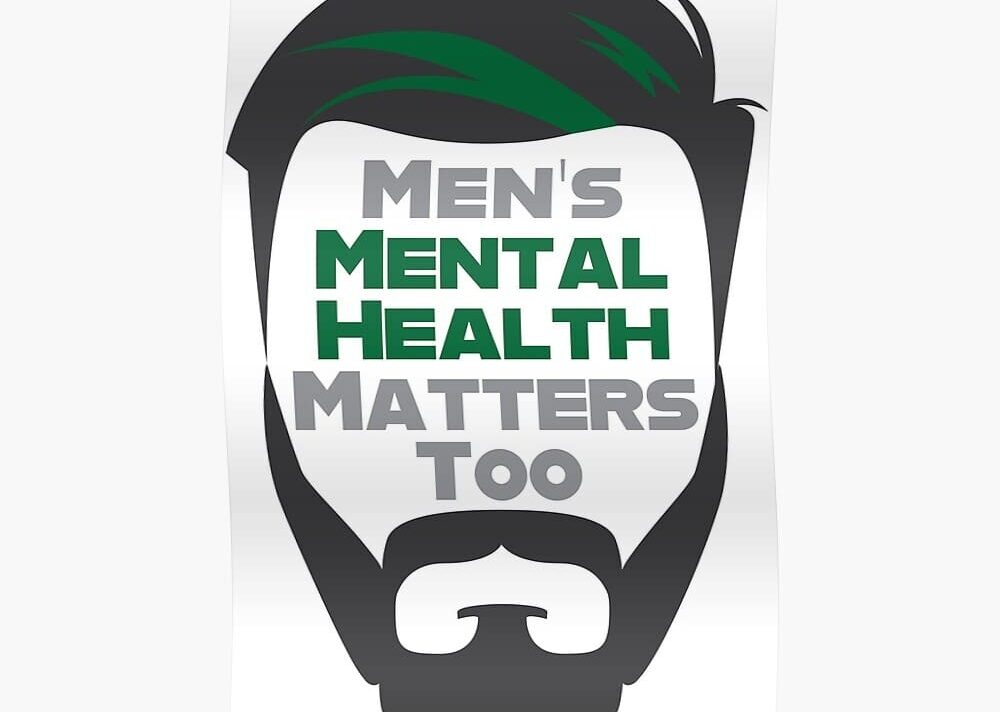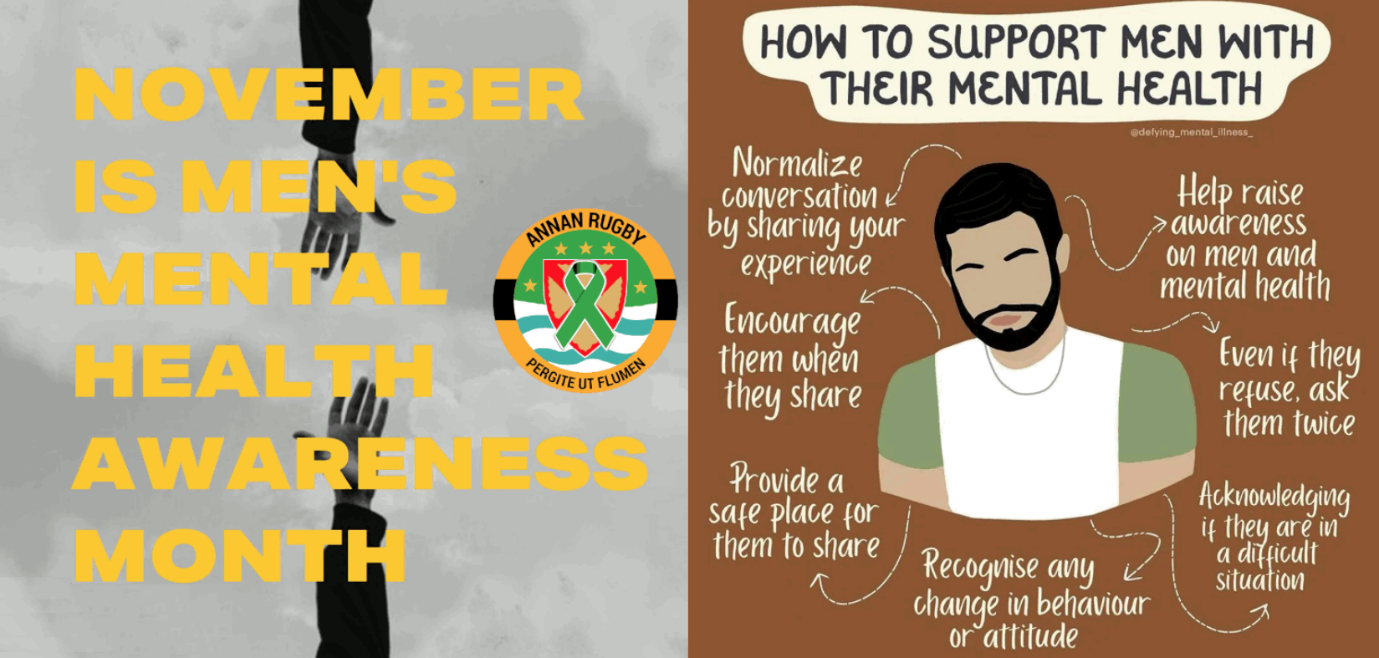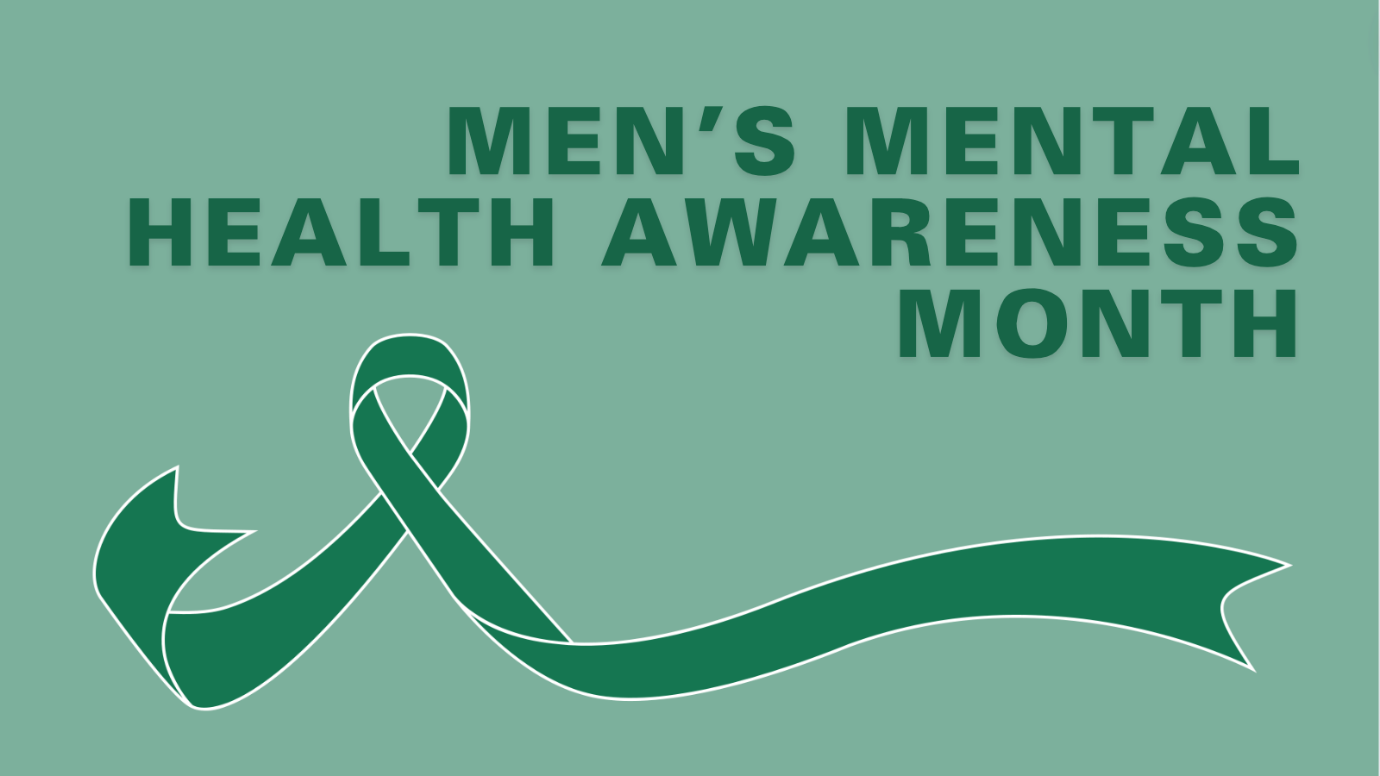By Penny Theodorakopoulou,
The celebration of the LGBTQIAP+ community takes center stage every June, and we are all proud of it! However, many people are unaware that June is also a month dedicated to men’s mental health. This yearly observance aims to end stigma, shatter the taboo around men’s mental health, and encourage men to get the care they need. Though discussions on mental health tend to focus on women and young people, the particular difficulties that males encounter are all too frequently concealed beneath stoic clichés. Organizations worldwide observe June as Men’s Mental Health Month, providing information, resources, and community support in recognition of the importance of men’s mental health to society’s general well-being.
Origins: Planting the seeds of awareness
When academics realized that men experienced and articulated mental health difficulties differently than women in the late 20th century, they began to advocate for mental health more broadly, which is where Men’s Mental Health Month got its start. Due to social standards that assumed men were invulnerable, many suffered in silence and without seeking assistance. Men’s Health Month was created in 2003 by the U.S. nonprofit Men’s Health Network to raise awareness of a variety of male health concerns. Even while that observance included everything from exercise to prostate tests, mental health soon became a top concern. In the years that followed, Men’s Health Month’s mental wellness component grew in popularity, and by the middle of the 2000s, June had earned the unofficial moniker Men’s Mental Health Month. Men and their allies started to question long-standing taboos surrounding emotional expression and vulnerability through campaigns, seminars, and local gatherings.

Why celebrating men’s mental health matters
Men are frequently taught to ‘tough it out’ until issues escalate into crises, which can occasionally have disastrous outcomes. Around the world, men are much more likely to use alcohol, risky behavior, or social isolation as coping techniques and are less likely to discuss depression, anxiety, or trauma. The Men’s Mental Health Month umbrella increases awareness of these trends and spreads the message that asking for help is a show of strength rather than weakness. June observances aim to eliminate the stigma that keeps many men from seeking care by establishing venues, both online and locally, where they may exchange personal tales, obtain counseling services, or just learn stress-reduction techniques.
By numbers: 2024’s gender gap in mental health
Statistics continually demonstrate that, despite increased awareness, women report mental health disorders at higher rates than males, but men suffer worse consequences. For example, compared to 18.1% of males, 27.2% of women in the United States had some form of mental illness in 2021. In contrast, 29.9% of men and 37.1% of women in the UK reported having significant levels of anxiety in 2022–2023. Meanwhile, men are around three times as likely as women to die by suicide, a difference that has remained for decades. These statistics highlight two unsettling facts: many men underreport their suffering, and when they do, their lives are disproportionately at danger.

Turning data into dialogue: How men can speak up
Changing these figures requires normalizing help-seeking and providing men with clear channels for support. The following are doable actions that each man can take:
- With someone you can trust, start small. An initial sounding board could be a close friend, relative, or workplace. Expressing concerns out loud, even by email or text message, helps people feel less alone.
- Make use of expert resources. Counseling is available for free or at a reduced cost in many nations via nonprofit helplines or public health systems. Additionally, the cost of private therapy and online resources like teletherapy applications is coming down.
- Participate in peer support groups. From seniors adjusting to life changes to new fathers battling postpartum stress, community organizations and internet forums may bring men facing similar challenges together.
- Acquire self-care and coping skills. Setting modest daily objectives, writing, regular exercise, and mindfulness can all support resilience and mood regulation.
- Identify the warning indicators of a catastrophe. Talking about self-harm, experiencing severe changes in sleep or appetite, withdrawing from loved ones, or experiencing persistent hopelessness all call for quick assistance. If necessary, call your local crisis line or seek emergency care.
Men discover that vulnerability promotes connection rather than condemnation by normalizing these discussions throughout June and beyond.
Why men’s mental health still takes a back seat
Despite increased discussion, stories about women’s emotional health and conduct continue to dominate discussions about men’s mental health. Public health and social service systems have long defined women’s mental health, in part because advocacy groups created gender-specific initiatives in response to women’s higher self-reported prevalence rates. Men’s activities are underfunded as a result of funders and legislators allocating money in response to such requests. The way that mental illness is portrayed in the media is also skewed; when it is mentioned in news cycles or popular culture, it is frequently through the eyes of female characters who are battling eating disorders or anxiety. Men’s problems remain dormant as a result, perpetuating the cycle of silence. Stakeholders must support male-focused research, increase outreach in male-dominated settings, and showcase men’s success stories when requesting assistance in order to change this imbalance. June’s message that every man’s mental health matters throughout the year will only then completely resonate.
References
- Men’s Health Month. nami.org. Available here
- Men’s Health Month: Celebrated Every June. menshealthmonth.org. Available here
- Never Alone – MEN’S HEALTH MONTH 2025. menshealthfoundation.ca. Available here




